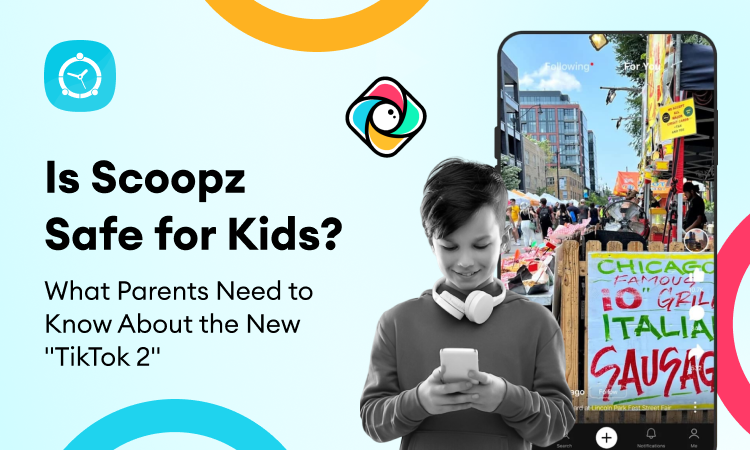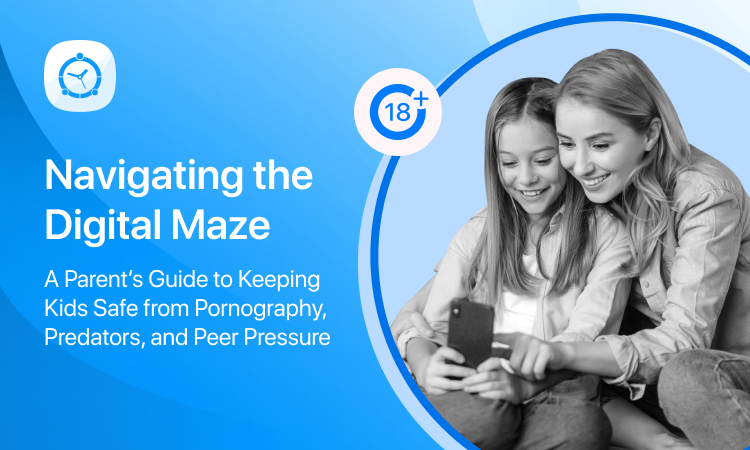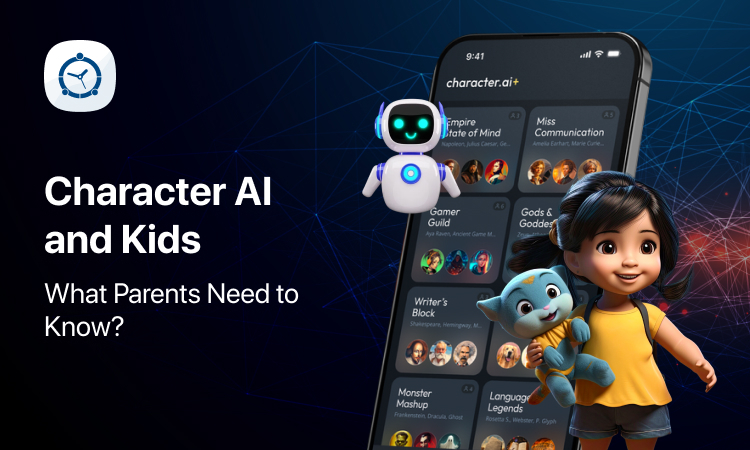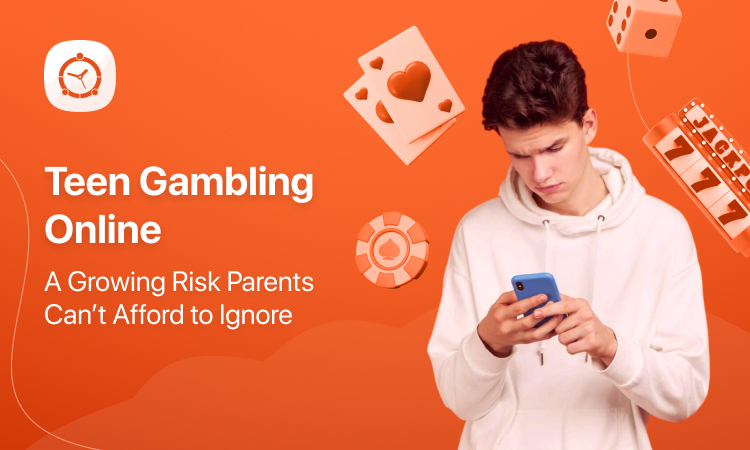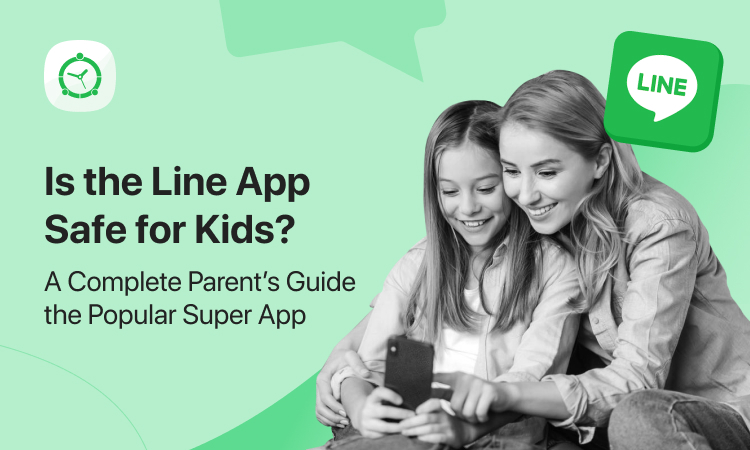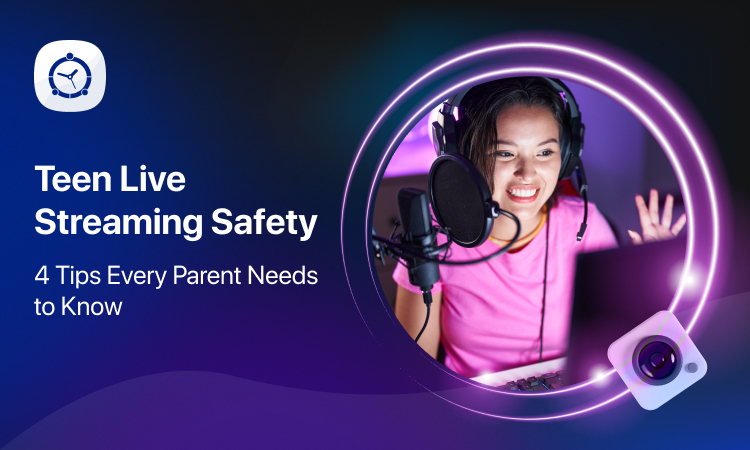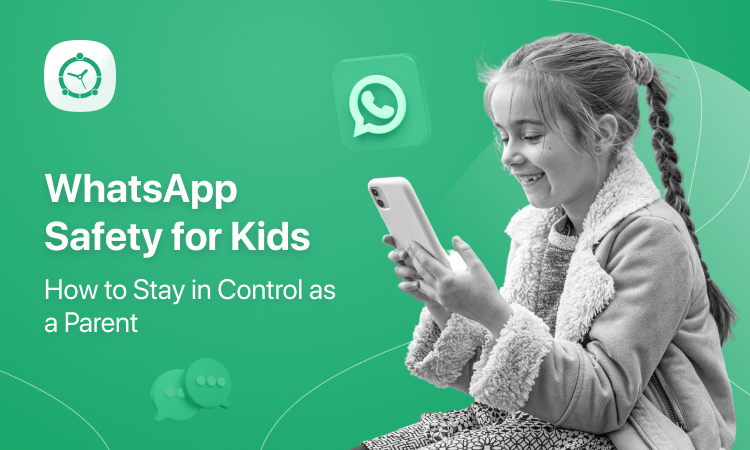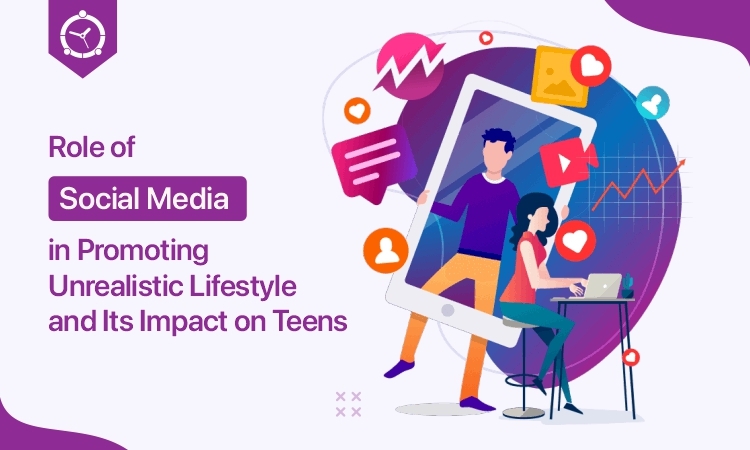
We often see tons of photos or videos of people living incredible lives on social media apps like Instagram, Facebook, TikTok, etc. The extravagant vacations, luxurious meals, big promotions, yacht parties, etc., make us feel envious. But guess what! Social media only shows a skewed perspective of life and sets unrealistic lifestyle standards.
But what exactly does an unrealistic lifestyle mean? Let’s find out what it entails and how it impacts young minds.
What Does Unrealistic Lifestyle Mean?
People typically post their best moments on social media for two reasons. Either they want to share their proudest moments with everyone, or they want to show off and boast about their more than perfect lifestyle. But life behind the scenes isn’t all roses. Even rich people have problems, but how many people showcase their struggles?
It seems that today, more people rely on social media to get validation about their lives than they did in the past. They invest their efforts to get that perfect snap while the food gets cold. Or, post that swoon-worthy beach party photo and skip out the after-party hangovers. Where is this going? Stop for a minute and analyze the role of social media in promoting such an unrealistic lifestyle.
Role of Social Media in Promoting Unrealistic Lifestyle
We see movie stars and celebrities posting pictures of themselves in glamorous clothes, perfect makeup, chiseled figures, and living a life of luxury. They make it seem like anyone can have that life, and teens aspire to reach that standard.
Nobody pauses for a moment to consider what someone else’s opinion would do for their well-being. Scratch that! Teens do not even realize that celebrities and influencers have a whole team of people who curate their social media online. People hardly ever speak up about how excessive use of social media puts young minds at risk.
Its Impact on Teens
The impact of social media and its role in promoting unrealistic lifestyles can be detrimental to teens’ mental health. Why? Because social media is often linked to problems, such as teen depression, cyberbullying, unrealistic body standards, screen addiction, and so on.
Take the “that girl” trend, for instance. It began as a means to motivate people to try something new or different, like a new diet, book, hairstyle, etc. However, it has now developed into something completely different. People use it to portray unattainable lifestyles and personas in an attempt to seek praise and fit into the world. What values are we passing on to future generations?
Instead of learning to embrace our persona, we are teaching kids to seek approval from strangers and conform to the unrealistic beauty standards set by the world. How is that a healthy mindset? It is time parents stood up and took matters into their hands so they can protect their teens from setting unrealistic lifestyle goals! Let’s nip this evil in the bud before it takes root.
3 Ways to Counter It
When they aren’t busy studying, teens are always on their devices talking to friends, trolling others, drooling over their crush, you name it! That is why parents need to know what their kids are up to when they’re online. To ensure their kids don’t fall for the trap set by social media, parents need to take safety measures and prepare their kids for the real world.
Raise Awareness in Teens
The first and foremost line of defense for any parent with teenage kids is raising awareness. Educating kids about the dark realities of social media’s glamorous life is no easy feat. What happens behind the blinding camera flashes isn’t pretty at all. The struggles celebrities go through to put up a single “perfect click” takes up minutes, if not hours.
Parents must provide real-life examples to help their kids understand and relate to these issues. For instance, you can unravel the mystery behind the true face of the modeling world. Show your kids how models are subjected to unhealthy body standards. You can talk to teens about the physical and mental health issues models face, such as eating disorders, starvation diets, depression, anxiety, drug abuse, self-esteem issues, and so on.
Talking about such things would help them see things in a different light. It could also lay the groundwork needed to promote the right amount of self-love and self-esteem teens need.
Develop a Healthy Amount of Self-esteem
A healthy amount of self-esteem can help you overcome even the toughest challenges of life. That is why parents must help teens understand the unrealistic lifestyle people portray on social media and how it negatively affects their self-esteem.
Teens may begin to compare their social and financial status with others and deem themselves unlucky. They may not realize that their thoughts and actions affect their overall mental health bit by bit. Ultimately, such comparisons lead to low self-esteem, depression, anxiety, and even suicidal ideation.
Another way for parents to help their teens avoid the development of such an unhealthy mindset is by limiting their interaction with social media.
Limit Interaction with Social Media
Are you thinking about how you can limit your teens’ interaction with social media without intruding on their privacy? Why not use technology to your advantage? If you detest the idea of becoming a helicopter parent, you can simply use parental control apps that provide a screen time limit feature.
For instance, the FamilyTime app provides one of the best Screen Time Limit features in addition to several other services that empower parents and protect their kids’ digital lives.
Let’s demystify its features and see how it helps parents stop the impact of unrealistic lifestyles on teens’ minds.
Screen Time Limit – parents can allot a specific time for individual apps.
Screen Time Schedule – kids only get access to their devices at the times allotted by their parents.
App Blocker – parents can also ensure their kids only use apps they approve.
Rest assured that FamilyTime has got your back with plenty of other cool features. Check out what it has in store for you, and sign up to start protecting your kids now.


